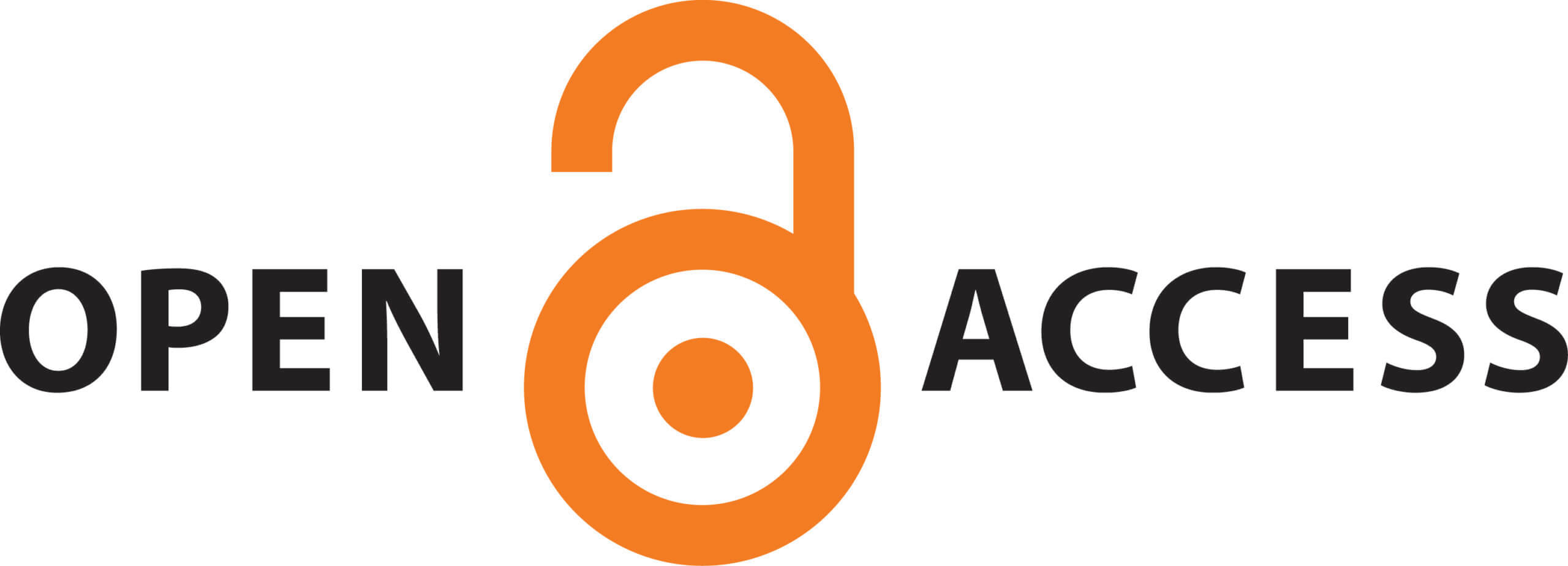Vol. 1 No. 2 (2023): UCP Journal of Business Perspective

Organizations in the dynamic global business world encounter many obstacles that require creative solutions and thoughtful analysis. To stay competitive in today's ever-changing marketplace, businesses must constantly adapt to new technologies and evolving consumer preferences. This editorial presents a comprehensive overview of the various research articles showcased in this volume. Each article offers valuable insights into important issues and emerging trends within business studies. From examining the influence of digital transformation in the banking industry to studying the impact of different rewards on employee job satisfaction, the accepted papers encompass a broad range of subjects pertinent to modern business settings. The study by Ullah et al. explores the shift from conventional banking practices to integrating digital financial services, explicitly emphasizing the implementation of RAAST by the State Bank of Pakistan. This study reveals detailed insights into customer perceptions and identifies the crucial factors that impact the adoption of digital financial services in Pakistan. Anwar et al. investigated the effects of intrinsic and extrinsic rewards on job satisfaction within manufacturing and services companies. Their thorough analysis offers valuable insights for senior management to improve employee job satisfaction and enhance organizational performance by implementing effective reward systems. The study by Latif and Kashif provides a comprehensive analysis of the 2008 financial crisis and its effects on Islamic banks in Pakistan. They shed light on these banks' financial performance and resilience in economic turbulence. Their study enhances our comprehension of the dynamics and performance of Islamic banking in challenging economic conditions. Likewise, the study by Iqbal analyzes the influence of conversion on deposits and operational costs of Faysal Bank, offering valuable insights into the consequences of shifting from conventional to Islamic banking. This study provides significant insights for banks worldwide going through similar conversion processes. Finally, Shahid et al. delve into Pakistan's economic theory of crime, examining the correlation between socioeconomic factors and crime rates. Their research findings provide valuable insights into the factors influencing criminal behavior and offer essential considerations for policymakers addressing social and economic challenges.






